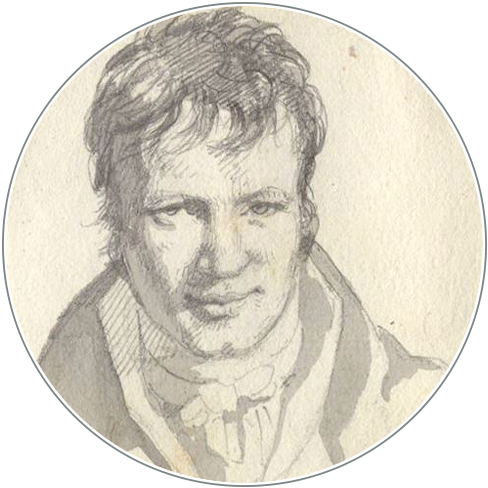Humboldteanización del mundo occidental? La importancia del viaje de Humboldt para Europa y América Latina
DOI:
https://doi.org/10.18443/39Palabras clave:
1799-1804, Europa, Humboldteanisiserung, Lateinamerika, Weltbürger, Wissenstypen HumboldtsResumen
Zusammenfassung
Der Beitrag “Humboldteanisierung des Westens? Die Bedeutung der Reise Humboldts für Europa und Lateinamerika” behandelt der preußischen emprischen Universalgelehrten, in Übereinstimmung mit dem von Ottmar Ette entwickelten Konzept, als einen, wenn nicht den wichtigsten Begründer der westlichen Moderne. Im Gegensatz zu den bekannten Gründern der Moderne (Descartes, Kant, Buffon, Schiller, Hegel, Marx ... etc.) war Humboldt Empiriker und Globaldenker und er tat dies auf transkulturelle Weise, manchmal auch schon auf interkulturelle Weise; allerdings meist auf Basis der römisch-klassizistischen Denktradition und Ästhetik Europas. Der Beitrag arbeitet drei Wissenstypen Humboldts heraus und versucht zu zeigen, dass der Universalismus Humboldt wichtige interkulturelle Grundlagen in der Kommunikation mit amerikanischen Gelehrten und im amerikanischen Empirismus (“lokales Wissen”) hat. Die Bedeutung einer solchen Konzeption der Humboldt-Reise zeigt sich – in der Negierung – in den gegenwärtigen Debatten um Diasporas und “Race” im atlantischen Westen (“Black Atlantic”). Humboldt Kenntnisse der amerikanischen Sklavereien und seine absolute Verurteilung der Sklaverei ist dabei nicht präsent.
Im zweiten Teil zeigt der Beitrag mögliche Lesarten der Humboldt-Tagebücher, indem er “imaginäre Humboldt-Essays” konstruiert.
Abstract
The article “Humboldization of the Western world? The importance of the travel of Humboldt for Europa and for Latin America”, treats the empirical Prussian Scientist as a globalist (Universalgelehrten), in accordance to the conceptualization made by Ottmar Ette. Humboldt was one, if not the most important founder of Western moderne. As opposed to the well-known founders of the moderne (Descartes, Kant, Buffon, Schiller, Hegel, Marx ... etc.), Alexander von Humboldt was an empirical and a global thinker. He did this in transcultural manners, sometimes already in intercultural manners. But most of times, his point of view is based in the European tradition of roman-classicist and aesthetic thinking. The article tries to demonstrate three types of knowledge in Humboldt and also, that the humboldtian universalism has important intercultural bases in the comunication with American scientists and in the American empiricism (“local knowledge”). One importance of such a conceptualization of Humboldt is shown – in negation – in the actual debates over diaspora and race in the Atlantic world (“Black Atlantic”). Humboldt knowledge of American slaveries and his absolute condemnation of slavery in his “Island of Cuba” is not present in these debates. In the second part the article demonstrates possibles manners of reading the diaries of Humboldt, by constructing “essais imaginaires” about colonialism, slavery, Peru, the Pacific ocean etc.
Cómo citar
Número
Sección
Licencia
Derechos de autor 2003 Michael Zeuske

Esta obra está bajo una licencia internacional Creative Commons Atribución-NoComercial 4.0.
Los derechos de los artículos enviados permanecen en manos de los/as autores/as y se publican bajo una licencia CC (CC BY-NC 4.0). Todos los/as autores/as que publican en HiN aceptan este modelo de licencias.
Es responsabilidad de los/as autores/as obtener la autorización necesaria para la publicación de imágenes.
Los derechos del Diseño de Impresión y el diseño de la revista no son transferibles y no pueden reutilizarse de ningún modo para otras publicaciones sin previa aprobación de HiN.








